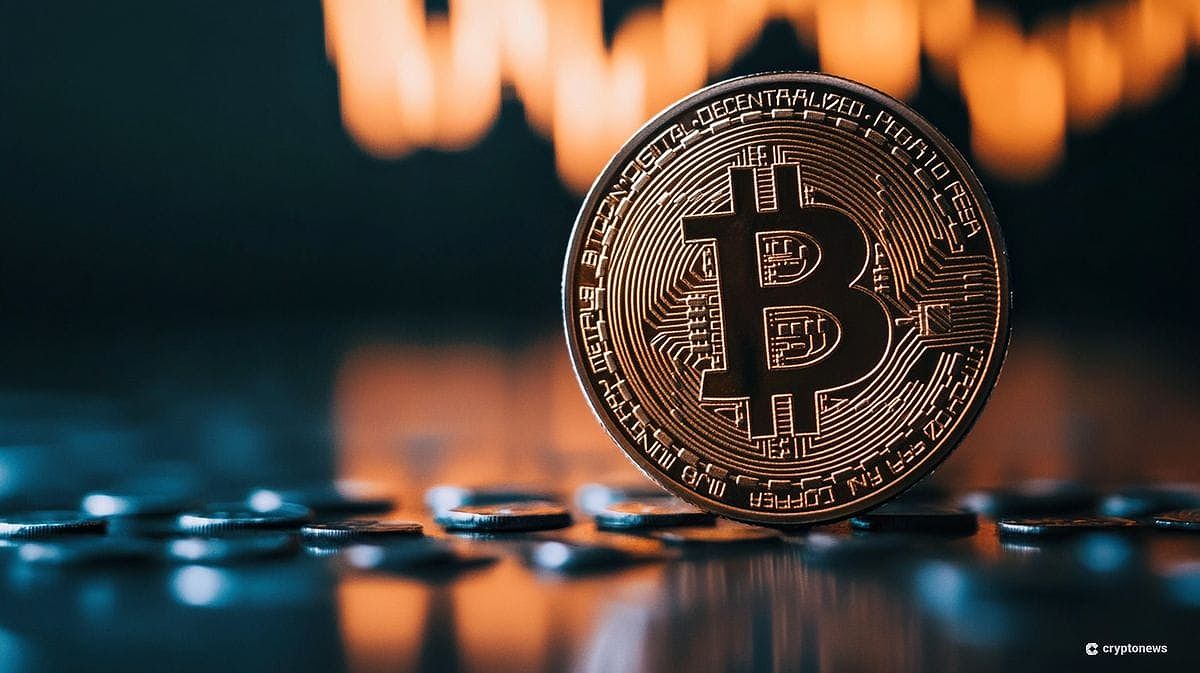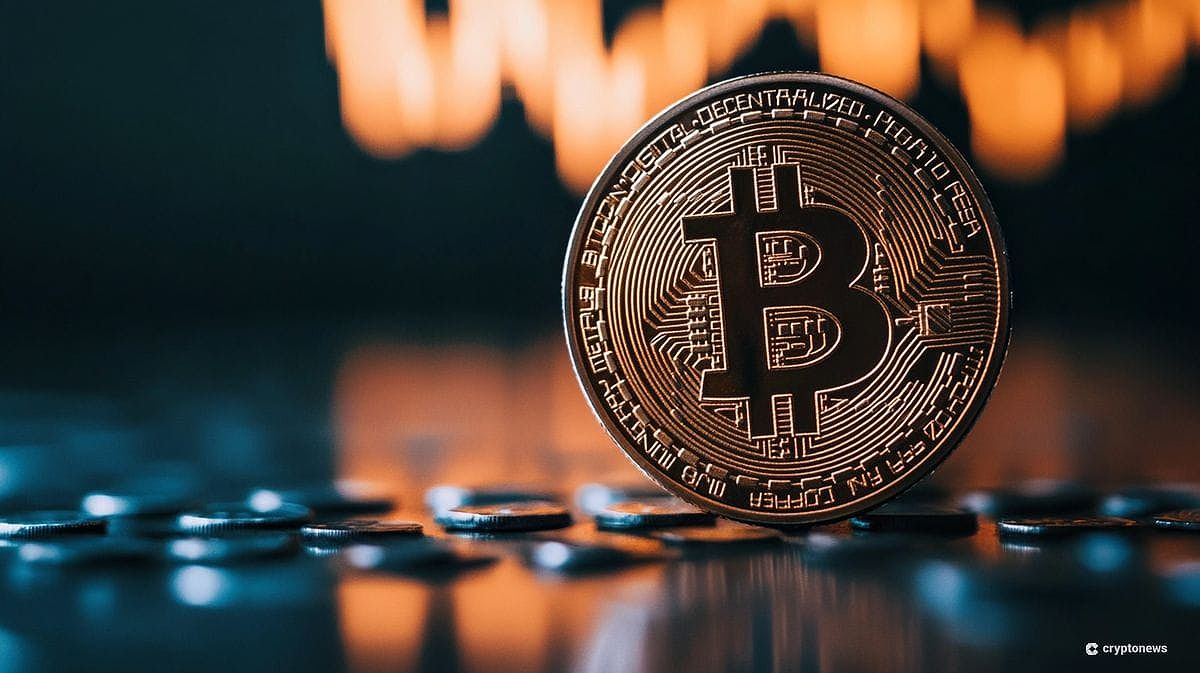The recent developments surrounding the French Polymarket case, in which a significant wager on a foreign election prompted regulatory scrutiny, starkly illustrate the multifaceted challenges that decentralized finance (DeFi) platforms pose to global regulatory frameworks. This situation not only highlights the difficulties of applying traditional gambling and cryptocurrency laws to the borderless landscape of DeFi but also serves as a poignant reminder of the ethical and philosophical complexities that arise in the intersection of technology and regulation.
The French Regulatory Response and its Precedence
At the heart of the matter lies a substantial bet placed by a French citizen on a major political event via a decentralized prediction market platform. This action has sparked a comprehensive review by French regulators, who are contemplating a ban on the platform, citing concerns that it operates as a gambling entity subject to rigorous national laws. The invocation of cryptocurrency as a means of transaction does not provide a shield against these regulations. The scale of the wager, coupled with allegations of potential market manipulation, has raised significant alarms about the platform’s integrity and the possibility of misuse. In response, the platform has expressed its commitment to reevaluating user locations, reflecting a proactive stance in the face of regulatory pressure.
International Legal Frameworks for Prediction Markets and DeFi

The global landscape for regulating prediction markets and DeFi remains a mosaic of varied approaches. Different jurisdictions interpret and classify these emerging technologies in significantly divergent ways. While some nations regard prediction markets as forms of gambling, imposing strict licensing and oversight, others adopt a more lenient perspective that prioritizes consumer protection and market integrity. The decentralized and borderless nature of many DeFi platforms complicates matters further, rendering the determination of jurisdiction and the enforcement of regulations a formidable challenge. This patchwork of regulations fosters uncertainty for both users and platforms, impeding innovation while simultaneously inviting inconsistent enforcement.
Cross-Border Enforcement and the Limits of Jurisdiction
The enforcement of regulations against DeFi platforms that operate on an international scale presents substantial obstacles. The determination of jurisdiction often emerges as a critical issue, particularly when a platform is domiciled in one country while catering to users across the globe. The French regulatory action underscores the potential for conflict when a nation seeks to impose regulations on a platform that operates beyond its borders. This scenario raises profound questions regarding international legal cooperation and the inherent limitations of a single nation’s jurisdictional reach. The anonymity and global reach characteristic of many DeFi platforms further complicate the identification and prosecution of regulatory violations.
Market Integrity and the Challenge of Proving Fraudulent Activity
The allegations surrounding market manipulation bring forth crucial inquiries regarding the legal burden of proof and the difficulties inherent in demonstrating intentional misconduct in the context of DeFi. Establishing the intent to manipulate markets necessitates a robust evidentiary foundation, and the decentralized, often pseudonymous nature of these platforms can render this task exceptionally challenging. The discourse surrounding the legitimacy of trading activities and the influence of substantial bets on market dynamics is intricate, demanding careful consideration of legal precedents and regulatory interpretations. Determining culpability requires a nuanced understanding of the operational mechanisms of the platform and the behaviors of its users.
The Future of DeFi Regulation: A Need for International Cooperation
The Polymarket case in France serves as a critical juncture that underscores the urgent need for a comprehensive and internationally coordinated regulatory framework governing DeFi. The absence of a unified regulatory approach creates exploitable loopholes, obstructing the development of a stable and trustworthy ecosystem. International collaboration is essential to surmount the challenges posed by jurisdictional ambiguities, enforcement difficulties, and the harmonization of legal interpretations. The establishment of global standards and best practices could not only foster innovation but also mitigate the risks associated with decentralized finance. Achieving this collaborative vision will necessitate extensive dialogue and engagement among regulators, policymakers, and industry stakeholders. The long-term stability and growth of DeFi hinge on the creation of a clear and predictable regulatory environment.
Conclusion
In conclusion, the French Polymarket case exemplifies the pressing need for a thoughtful approach to the regulation of decentralized finance. As we navigate the complexities of this evolving landscape, it is imperative to recognize the ethical and philosophical implications that arise from the convergence of technology and finance. The future of DeFi regulation will require a delicate balance between fostering innovation and ensuring consumer protection, all while acknowledging the global nature of the digital economy. As we stand at this crossroads, the choices made today will shape the trajectory of decentralized finance for years to come.














 Bitcoin
Bitcoin  Ethereum
Ethereum  Tether
Tether  XRP
XRP  Solana
Solana  USDC
USDC  Dogecoin
Dogecoin  Cardano
Cardano  TRON
TRON